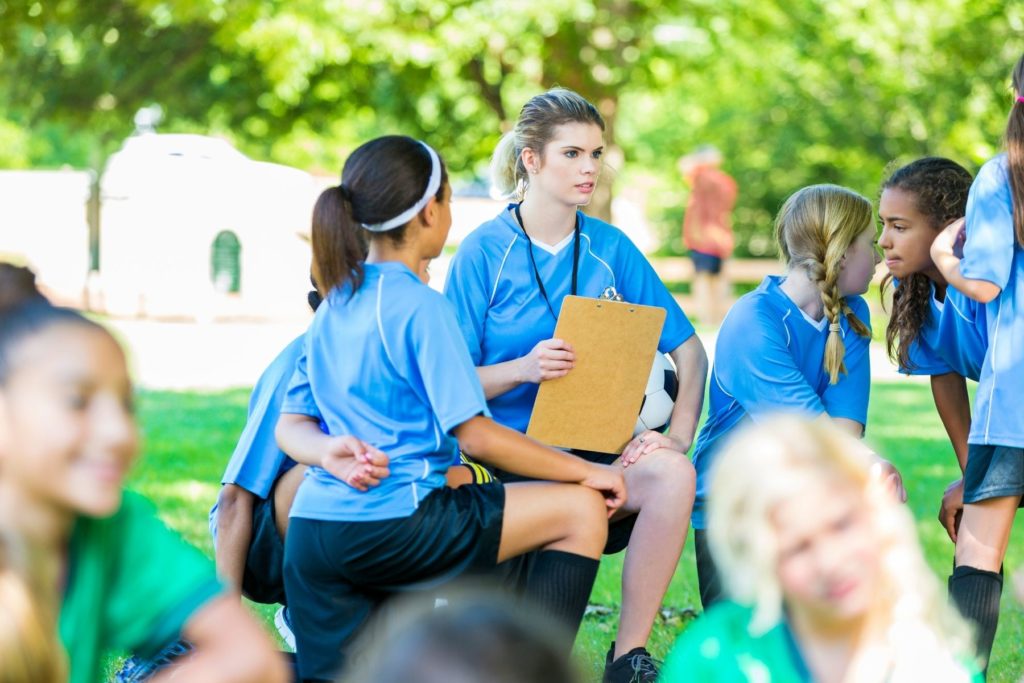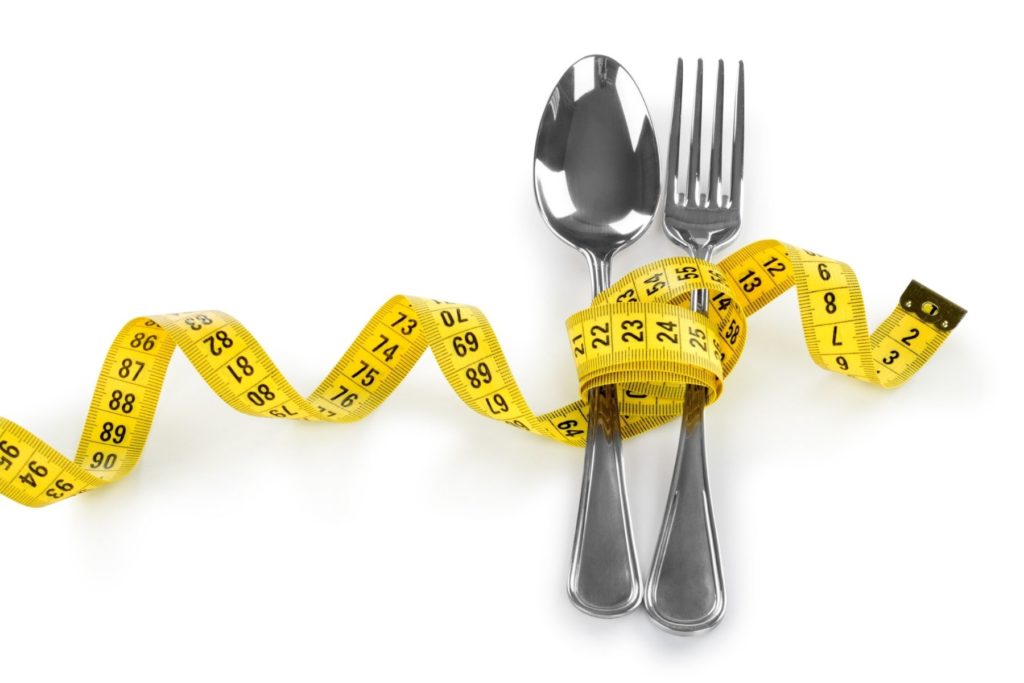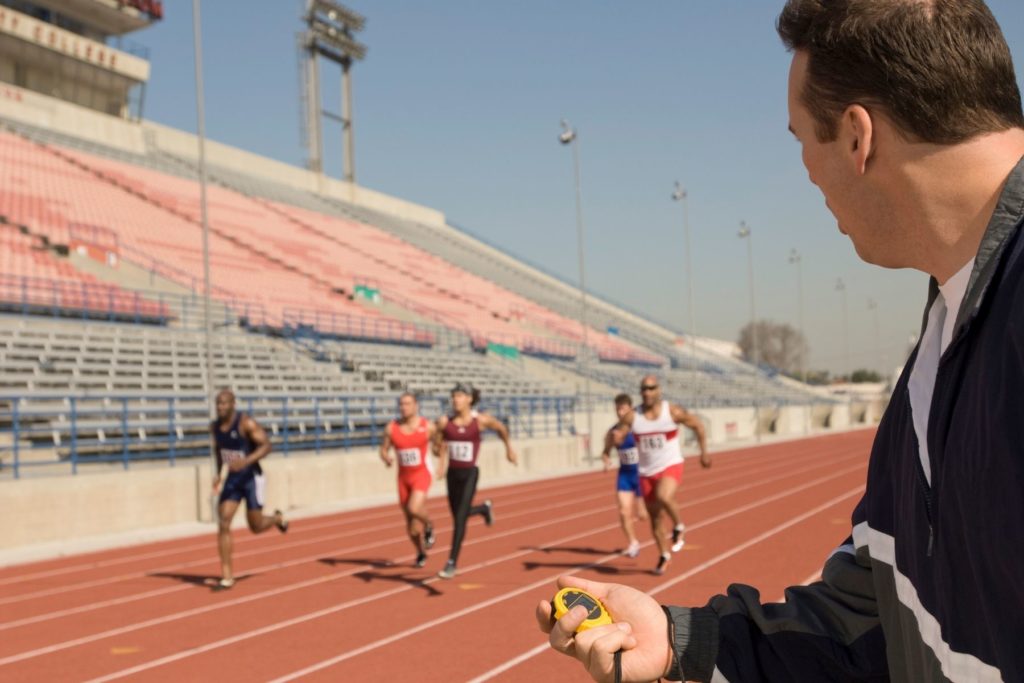Tips for Coaches: Detecting and Preventing Eating Disorders
June 20, 2022

It’s important for coaches to know that disordered eating and eating disorders are not uncommon in athletes. These behaviours tend to be most common in sports with weight classes (ex. wrestling and rowing) or aesthetics (ex. bodybuilding and gymnastics). In these sports, 33% of male athletes and 62% of female athletes experience disordered eating.
Coaches are some of the most influential individuals in athletes’ lives. Thus, they play a critical role in preventing and detecting eating disorders and disordered eating.
The following provides tips for coaches on how to prevent and detect eating disorders early on.
Preventing the Development of Disordered Eating
Shift the focus away from weight
Shifting the focus to performance and off of weight can make a big difference in an athlete’s mindset. First, coaches should avoid commenting on their athletes’ weight or body size. It is also recommended to never weigh your athletes unless medically necessary. Further, challenge athlete’s beliefs that weight loss is a proven way to improve performance. Research suggests that losing weight or body fat may benefit performance for some athletes, but not for all athletes. Dieting to achieve weight loss can trigger disordered eating. As a result, athletes may eventually see negative impacts to their performance and health. Instead, encourage healthy ways to enhance performance such as improving conditioning and proper fueling.
Discuss how dieting can impact health
Dieting to achieve a certain body size or look is everywhere in our culture and athletes aren’t immune to the pressures to be thinner and leaner. Talking to athletes about the physical and mental risks of dieting and weight loss can help prevent disordered eating. For example, discussing how weight loss can lead to reduced bone density and increase risk of injury may be a motivating factor to avoid diets.
Provide accurate information about nutrition
Misinformation about nutrition can lead to harmful beliefs about certain foods. As a result, athletes may be more likely to engage in disordered eating behaviors. Instead, provide athletes with science-backed resources about proper nutrition to support a healthy relationship with food. For example, coaches can have a sports dietitian speak with their team about sports nutrition. Dietitians can provide athletes with the right information about how to fuel their bodies and minds.

Detecting Eating Disorders in Athletes
Disordered eating and eating disorders can manifest in these signs and symptoms in athletes. Thus, coaches should be aware of these signs for early detection and successful intervention.
Physical signs:
-Reduced focus, strength, coordination, or speed
-Increased fatigue and longer recovery times
-Increased muscle and bone injuries
-Frequent lightheadedness, dizziness, or fainting
-Slowed heart rate and low blood pressure
-Stomach and digestive issues (read more on how under eating can lead to IBS here)
-Greater sensitivity to cold temperatures
-An increase or decrease in weight.
Behavioral signs:
-Refusing to take rest days
-Avoiding certain foods or food groups
-An abnormal focus on food intake and comparison to others’ food choices
-An excessive or highly limited water intake
-Change in mood
-Decreased socialization
-Concerns about body shape or size
-Other team members noting concern about an individual

Intervening
If you suspect one of your athletes is struggling with disordered eating or an eating disorder, it’s important to speak to that athlete. Provide referrals to health professionals such as medical doctors, dietitians, and therapists who can intervene and help the athlete address their struggles with food and body.
If you are looking for nutrition support for disordered eating or eating disorders, consider reaching out to our dietitians. Our team is experienced in supporting athletes experiencing a wide range of nutritional issues.
References:
NEDA Coaches and Trainers Toolkit
NEDA Preventing Eating Disorders in Athletes
UC San Diego Resources for Athletic Directors, Coaches, & Trainers
[…] can be important to monitor as they can indicate that an athlete is struggling. See our other post HERE for more on how coaches can monitor for and approach athletes with eating […]
[…] cases.As a coach, it’s important to be aware that athletes are at high risk for developing an eating disorder. In addition, coaches can help foster a healthful relationship with food, exercise & body […]